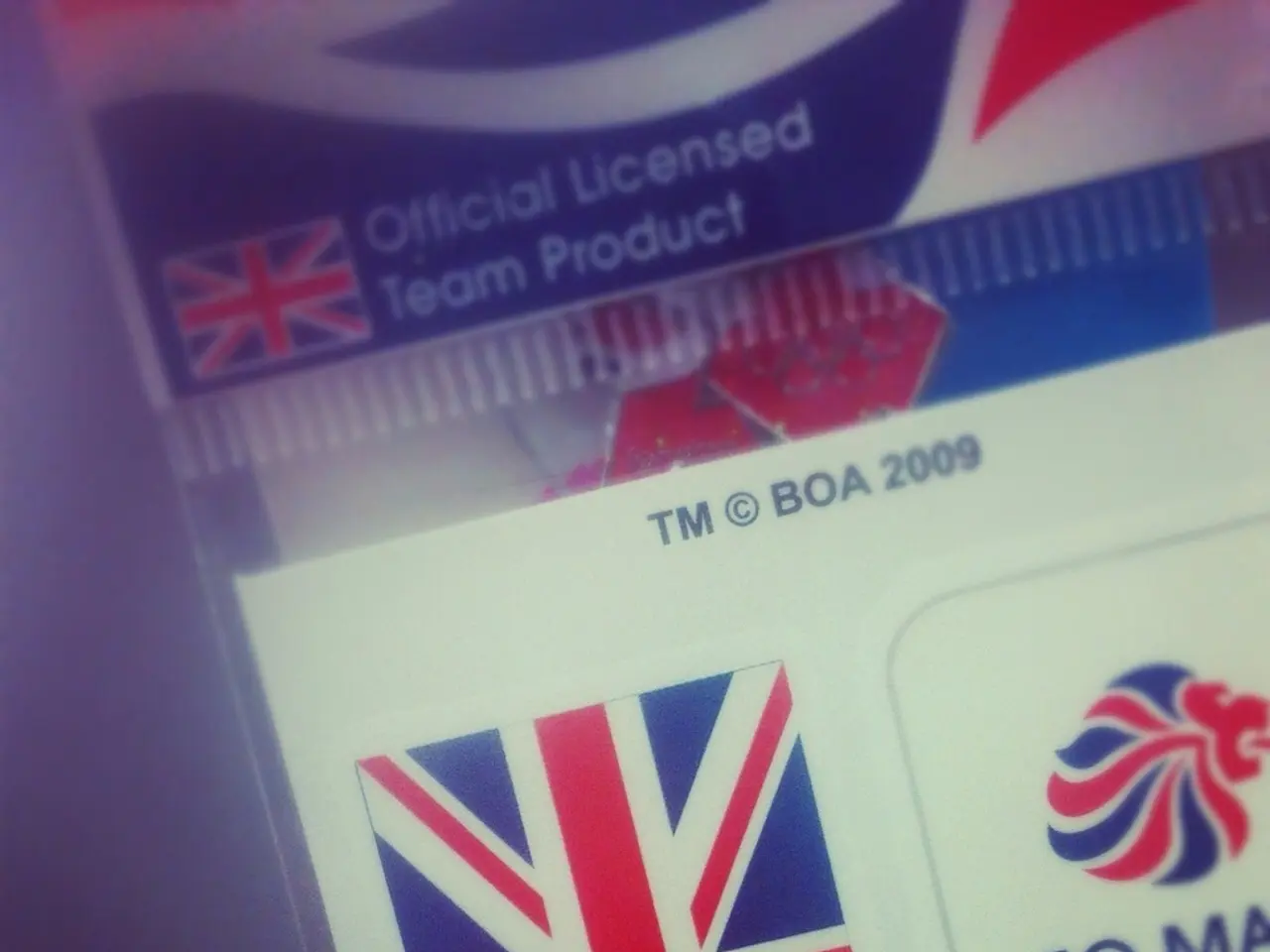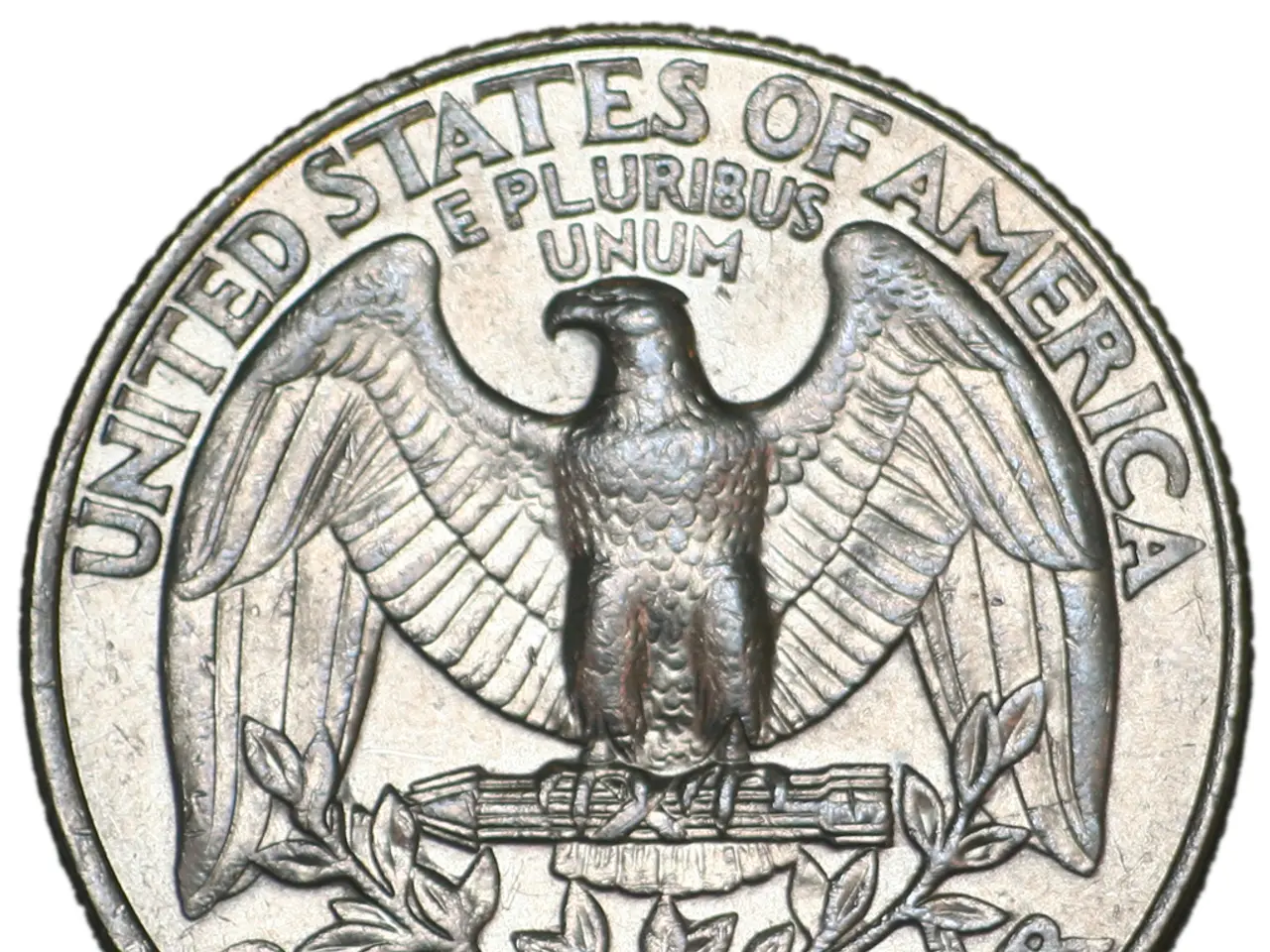"Labour's confirmation of double taxation on inherited pensions contradicts expert advisories"
Starting from 6 April 2027, the UK government will introduce new rules regarding inheritance tax (IHT) on unused pension pots and certain death benefits. These changes aim to reform IHT and provide a fairer tax treatment of inherited wealth by aligning the tax treatment of unused pension funds with other types of inherited assets.
Key Changes
Unused pension savings will be included in the estate for IHT purposes, meaning they could be taxed if the estate exceeds the IHT threshold. However, death in service benefits from registered pension schemes will remain out of scope for IHT, meaning they will not be taxed.
Bereaved families will face the responsibility of tracking down all pensions held by the deceased, reporting, and paying IHT within six months. This could be administratively challenging.
Impact on Bereaved Families
The new rules will impose an increased administrative load on families, who will need to manage complex tasks such as tracking down pension schemes and collating information for IHT calculations. Some families may face higher tax bills, especially if the estate's value exceeds the IHT threshold.
People are already adjusting their financial strategies to avoid future tax liabilities, such as withdrawing pensions sooner. The changes are expected to affect a small percentage of estates, with the government estimating that around 10,500 estates will become liable for IHT where they were not before, and about 38,500 estates will pay more IHT than previously.
Exemptions and Allowances
A further allowance, the residence nil rate band, increases the threshold by £175,000 each for those who leave their home to direct descendants, creating a potential maximum joint inheritance tax-free total of £1 million. The thresholds for inheritance tax will be frozen until 2030.
Death-in-service benefits are not included in the scope of the changes regarding inheritance tax. This exemption was made following an outcry, as death-in-service payments provide a critical short-term financial lifeline for loved ones following the death of a working-age earner.
Concerns and Reactions
Some experts have expressed concerns about the proposals entering draft legislation, stating they may cause unnecessary distress to grieving family members. The government's plans include a 'double tax hit' on inherited pensions, which is described as 'punitive'.
Roddy Munro, Quilter pensions specialist, describes the bringing of unused pensions into the ambit of inheritance tax as a 'seismic shift' in retirement and estate planning. Pete Maddern, managing director for retirement at Canada Life, raises concerns about making pension scheme administrators responsible for paying inheritance tax on pension funds and death benefits.
Craig Rickman, a pensions expert at Interactive Investor, welcomes the confirmation that inheritance tax won't be levied on death in service benefits. However, he also voices concerns about the proposals, stating they may cause unnecessary distress to grieving family members.
In conclusion, the new IHT rules for retirement pots, set to take effect in 2027, will bring significant changes to the way inherited pensions are taxed. It is crucial for families to understand these changes and plan accordingly to avoid potential financial burdens and administrative challenges.
- From 2027, unused pension savings will be considered as part of the estate for Inheritance Tax (IHT) purposes, which could lead to taxation if the estate exceeds the IHT threshold.
- The new IHT rules on retirement pots may require bereaved families to track down all pensions held by the deceased, report, and pay IHT within six months, potentially creating administrative challenges.
- Individuals may adjust their financial strategies to avoid future tax liabilities, such as withdrawing pensions sooner, in response to the upcoming changes in IHT policy-and-legislation.
- Pension experts have raised concerns about the proposed changes, suggesting they may cause unnecessary distress to grieving family members and create a 'double tax hit' on inherited pensions, deemed as 'punitive'.
- Death-in-service benefits will remain exempt from the changes regarding IHT, providing a critical short-term financial lifeline for loved ones following the death of a working-age earner.




